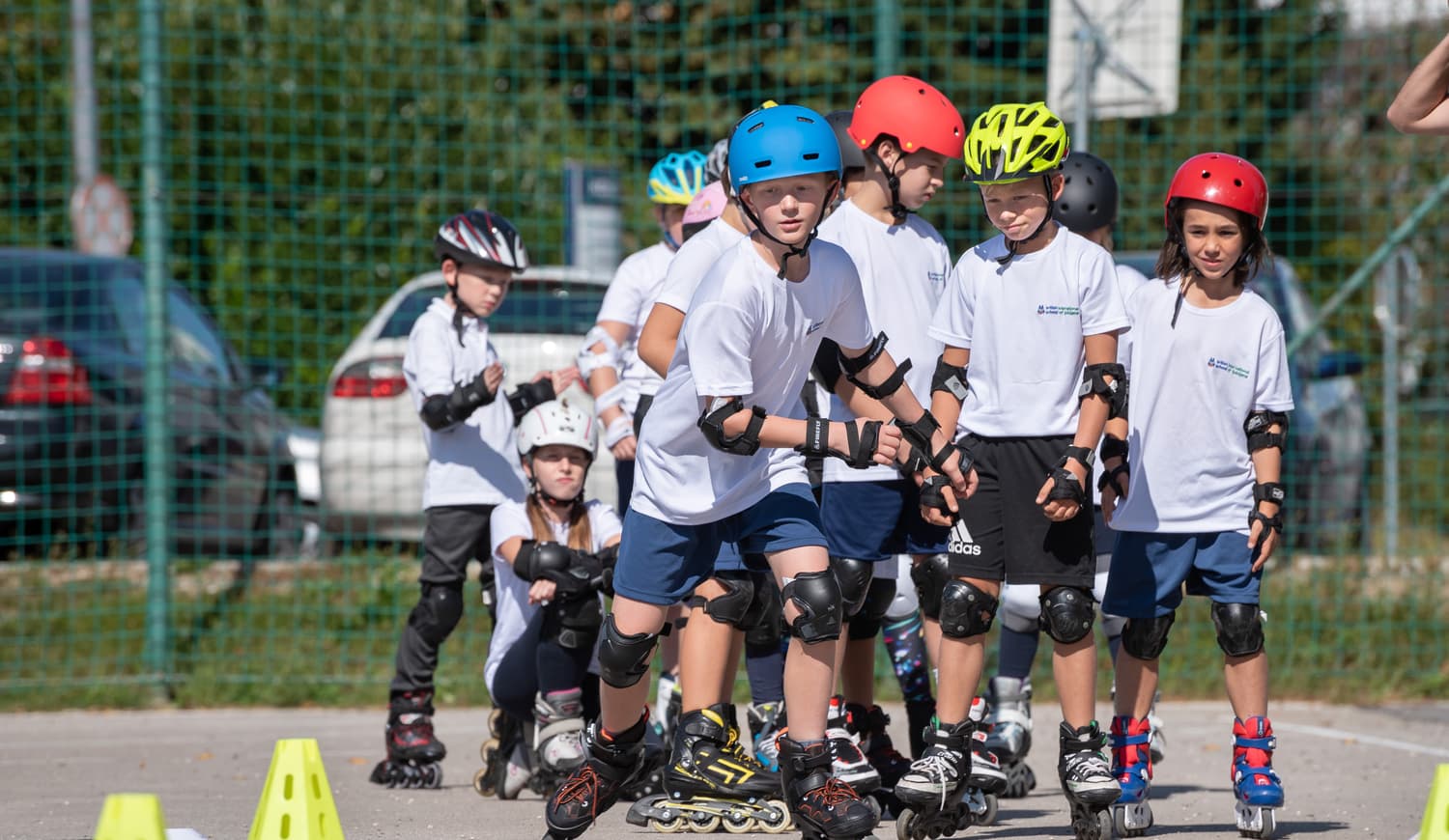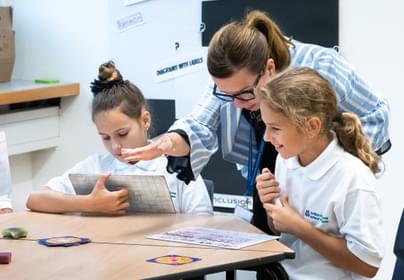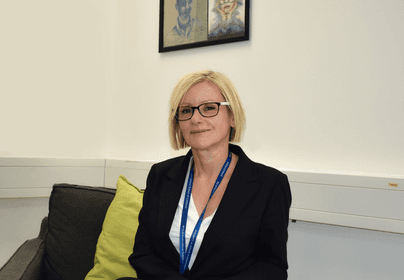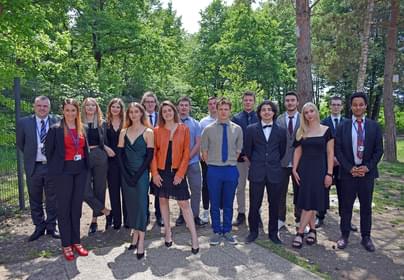It is proven that if a student is happy and fulfilled they will thrive
Encouraging, respecting and nurturing each student’s areas of interest outside of the curriculum plays an important role in their academic development.
At the British International School of Ljubljana, your child will have the opportunity to explore a wide range of extracurricular activities outside the classroom, including sports, drama, music, art and more, both within the school day and after school.
The school offers a wider variety of activities in the form of after-school clubs, trips and opportunities designed to give students the chance to try new things, learn new skills, further broaden the curriculum, follow their passions and work in teams, growing their confidence and love for learning.
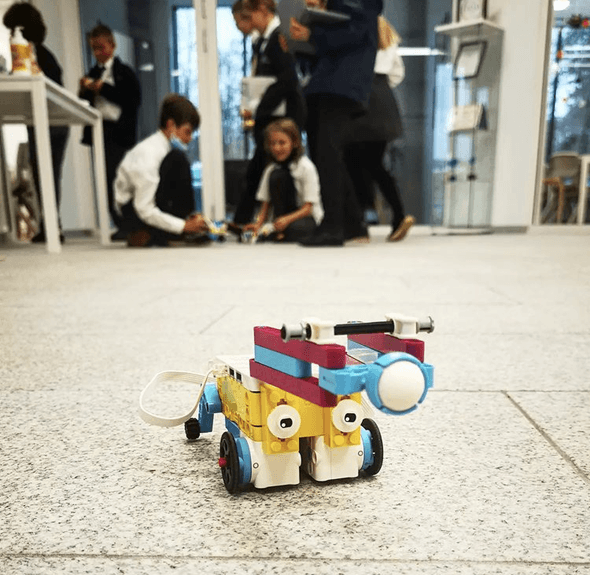
Extra-Curricular Programmes
At the British International School of Ljubljana, your child will have the opportunity to explore a wide range of co-curricular activities outside the classroom, including sports, music, arts, languages, cooking, volunteering, debating, journalism and more.
Click here for more information regarding our after-school provision.
Part of our philosophy is for our children to spend as much time outdoors as possible.
Off-site learning enhances opportunities for students to gain first-hand experience, making theory ‘real’ and giving them a different perspective. Trips also provide students with culturally enriching experiences, improving their knowledge of and ability to think critically, developing an understanding of the local area, its geography, history, people and culture and building confidence and self-esteem.
Slovenia is blessed with outstanding natural resources, a rich history and is full of vibrant cultural opportunities. Being outdoors and being active are a significant feature of people’s lives here. Therefore, we strive to incorporate as many opportunities like this in our curriculum as possible.
Students may take part in a number of off-site day trips during the year. These trips are usually connected to a given topic being studied and serve to connect students with our wider community.
Examples of day trips include visits to a historic landmark or an art exhibition, a factory tour, subject-specific field studies, participation in a cultural event, or simply enjoying and experiencing an adventure in nature.
Residential trips are those which involve an overnight stay, both within Slovenia and abroad. These trips provide significant opportunities for outstanding personal and social development, facilitating self-discovery and teamwork. Students may travel to participate in an event at another school in other countries or to take part in a cross-curricular exploration of places of historical, natural or cultural interest.
Residential trips are introduced in Primary school and these experiences are built upon in Secondary school.
Years 3 to 6 will go away once or twice each year for a 2 to 5-day trip.
In Years 7 to 13, adventure trips are an integral part of our curriculum. All Secondary students spend a few days away each year, taking part in seasonally-appropriate outdoor activities which enhance their well-being and social development. Autumn activities typically include mountain biking, camping, orienteering, rock climbing and trekking. In the winter, there is usually a choice of activities such as downhill or cross-country skiing, snowboarding, or even dog-sledding. Summer trips are typically based near a lake or river, and students can take part in water sports such as kayaking, rafting, sailing or windsurfing.
Residential trips are optional, as they are not included in our tuition fees, but we encourage all students to participate in these wonderful experiences.







Students in the examination years from Year 10 through 13, are given additional support in studying effectively and independently through our study skills programme. These enable them to further develop their organisational skills, effective revision and exam techniques, cope with assessments in general and enhance their academic writing skills.
Sixth Form students also have time for private study. This self-directed time enables them to undertake research, prepare for upcoming classes or complete assignments. Developing successful study habits builds an important bridge between school and university, in terms of social as well as academic development.
Students are encouraged to be proactive in the process of planning their future education and career paths and to base their decisions on a holistic consideration of their abilities, career aspirations and specific university requirements.
The Head of Sixth Form leads our guidance services for students in Years 12 and 13, where weekly sessions and one-to-one counselling include careers advice and course guidance, as well as developing skills such as writing university applications, CVs and interview techniques. When possible, our students also participate in university and career fairs.
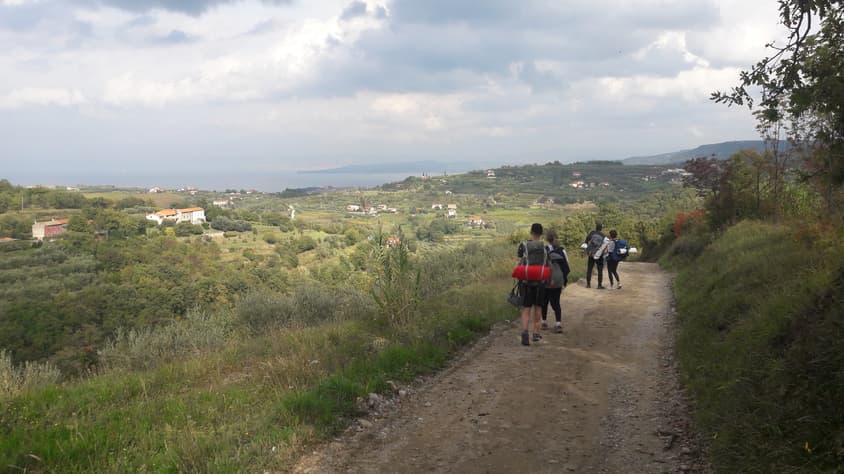
We offer and encourage students to take on a variety of leadership roles within our school community, from ‘Helpers of the Day’ in Early Years to Sixth Form volunteers helping plan and run events and projects. Many become members of the Student Leadership team and take part in community service activities within or outside school.
The Student Leadership is a team of elected class representatives from the student body, who work in partnership with teachers and parents to carry out activities for the benefit of our whole school community, lead by our Head Boy and Head Girl, both in Primary and Secondary school. The Student Council presents students’ views to appropriate members of the school community, such as the School Management Team or the PTA, and gives regular feedback to the student body on progress towards specific actions and goals. Prefects are on hand to assist students and teachers in a variety of ways, including supporting the library or monitoring corridors during break time. House Captains lead the way in motivating their House members to gain as many House points as possible throughout the academic year, not only during sporting events, but for academic and extra-curricular successes as well.
C4C activities include both Primary and Secondary students and focus on building a supportive school community based on caring relationships and positive links between school, students, parents, teachers and the wider community. C4C promotes a positive social, emotional and academic environment where students take responsibility for their own learning and behaviour, develop self-motivation and caring for the wider community, and learn the values of caring and respecting each other. C4C charity and social events are organised throughout the year, in which the whole school community is able to participate.

